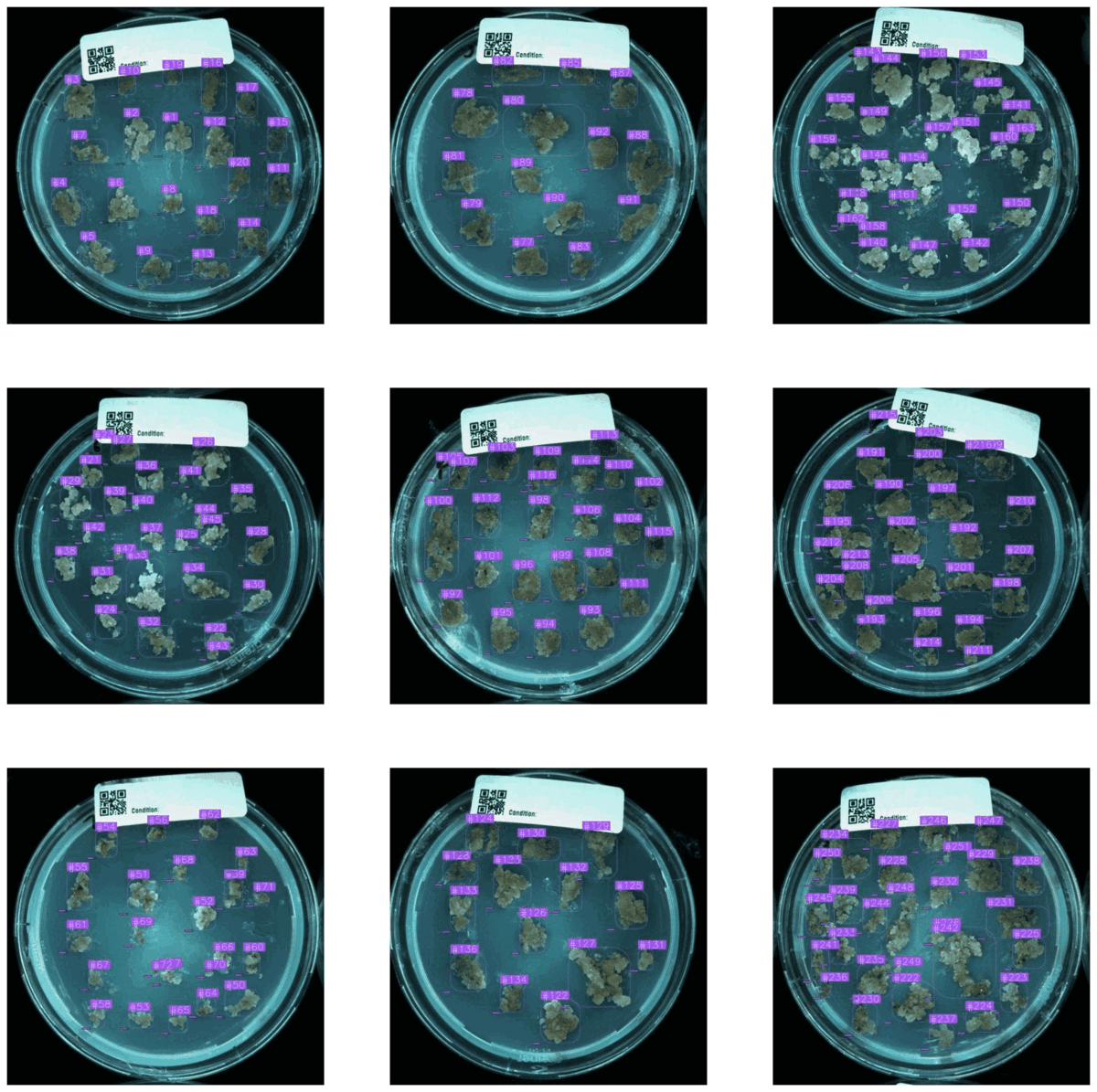With the highest per capita chocolate consumption globally, Switzerland is now blending tradition with cutting-edge technology, crafting chocolate in bioreactors.

Source: Food Brewer - Cellular Chocolate
Founded in 2021, Swiss startup Food Brewer has swiftly grown to a team of 20 experts, including plant scientists and protein specialists. The company aims to create sustainable tropical products, focusing on cocoa and coffee, leveraging bioreactors to sidestep the challenges faced by traditional agriculture in tropical climates.
Mathilde Dupin, Food Brewer's financial director, is quoted as saying the mission is to offer sustainable alternatives benefiting people, the planet, and profits. As cocoa prices surge, with a tonne reaching $10,760, this innovation is timely.
Food Brewer’s process involves sourcing high-quality cocoa beans, dissecting them to select optimal cells, and cultivating these cells in bioreactors at their Zurich headquarters. This method ensures a stable supply of high-quality cocoa without the environmental impact of traditional farming.
Food Brewer has also expanded into coffee, applying similar techniques. The company sources Arabica cells locally, cultivating them under optimal conditions in bioreactors. This approach not only secures a steady supply but also maintains Swiss authenticity.
Source: Food Brewer showing chocolates, team meet, powdered cacao, coffee & cells in petrie dishes
Food Brewer is also exploring microalgae oil as a sustainable fat substitute for cocoa butter, pushing the boundaries of chocolate formulation. Their efforts are designed to meet market demands while adhering to stringent safety standards, aiming for GRAS/FDA certification in the U.S. for faster market entry.
Being based in Switzerland provides Food Brewer with access to an advanced chocolate ecosystem, allowing for close collaboration with leading chocolatiers.
As they scale up, Food Brewer is setting the stage for a future where luxury and sustainability go hand in hand, contributing to a larger movement within the cell-cultured cocoa and coffee industry.
For more information CLICK HERE
ENDS:

_edited.png)


































Comments